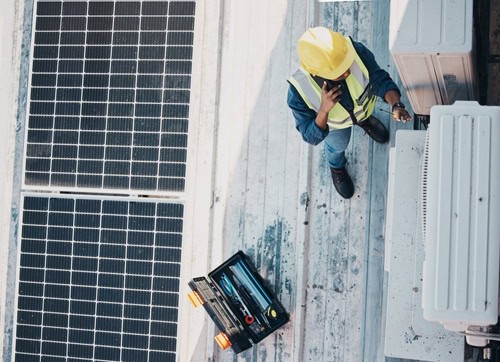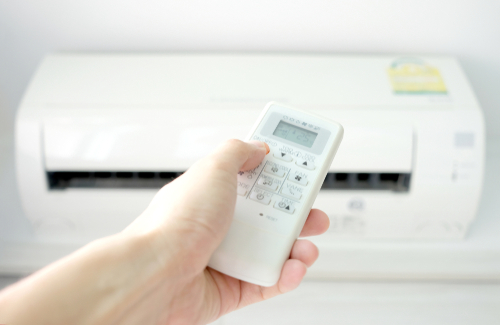
Hiring an Aircon Installation Company
July 19, 2023
How To Prevent Mold and Mildew in Air Conditioner?
September 21, 2023Aircon Servicing and Energy Consumption
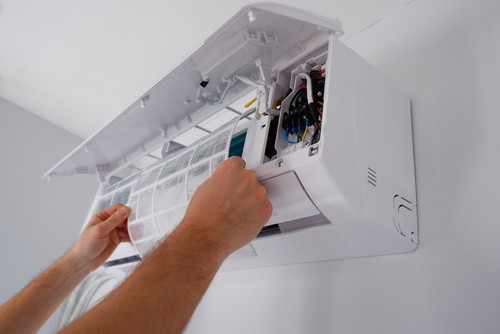
Aircon Servicing and Energy Consumption
Aircon Servicing and Energy Consumption. In the sweltering heat of Singapore, air conditioning is a lifeline for comfort.
However, as we indulge in cool air, we must be mindful of our energy consumption.
This article explores the relationship between aircon usage and energy consumption while offering valuable tips for energy savings through proper aircon servicing and maintenance.
The Potential Savings From Proper Aircon Maintenance
Before we delve into the details, let’s understand the significant impact of regular aircon maintenance on energy savings.
A well-maintained air conditioning system operates efficiently, consuming less power and reducing energy bills.
Aircon and Power Consumption: The Basics
To comprehend the relationship between aircon use and power consumption, it’s crucial to understand how air conditioning systems operate and utilize energy.
How Aircon Systems Use Power
Aircon units use electricity to run the compressor, condenser, and fan to cool and dehumidify the air. The compressor is the most power-hungry component, pressuring the refrigerant and maintaining the desired temperature.
Energy Efficiency Ratings and What They Mean
When purchasing an aircon unit, look for its energy efficiency rating, which provides information on how efficiently it utilizes electricity. Higher ratings indicate better energy efficiency, leading to potential long-term savings.
The Impact of Poor Maintenance on Energy Consumption
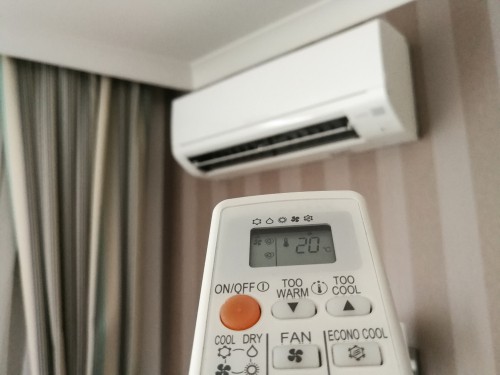
Neglecting aircon maintenance can lead to dire consequences, both in terms of energy consumption and your wallet.
Dust and debris accumulate on air filters, condenser, and evaporator coils, hindering proper airflow and heat exchange.
This causes the aircon system to work harder, consuming more power to achieve the desired cooling effect.
A poorly maintained aircon system consumes more power and increases energy bills significantly.
Moreover, neglected systems are more prone to breakdowns and early failure, leading to costly repairs or replacements.
Essential Aircon Maintenance for Energy Efficiency
To optimize energy efficiency and achieve savings, follow these essential aircon maintenance practices:
Regular Cleaning of Air Filters
Clean air filters monthly or as recommended by the manufacturer. Clogged filters restrict airflow, making the system work harder and consume more power.
Checking and Maintaining Refrigerant Levels
Low refrigerant levels can reduce the system’s cooling capacity and efficiency, increasing power consumption. Regularly check and top up refrigerant levels as needed.
Ensuring Proper Functioning of Thermostats and Controls
Faulty thermostats can lead to inaccurate temperature readings, causing the system to overwork or underperform. Regularly calibrate and maintain thermostats to optimize energy efficiency.
Advanced Energy-Saving Maintenance
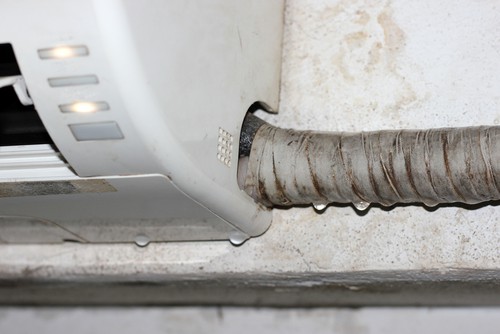
For those seeking to take energy savings to the next level, consider these advanced maintenance steps:
Inspecting and Sealing Ductwork
Leaky ducts can lead to significant energy wastage as cooled air escapes before reaching its intended destination. Inspect and seal ductwork to ensure efficient cooling.
Upgrading Insulation Around the Aircon Unit
Proper insulation around the aircon unit prevents heat exchange with the surrounding environment, enhancing energy efficiency.
Installing Energy-Saving Devices
Explore energy-saving devices, such as programmable thermostats and smart controls, which allow precise control over temperature settings and optimize energy usage.
Making the Most of Your Aircon System
In addition to maintenance, smart usage of your aircon system can lead to substantial energy savings.
Optimal Temperature Settings for Energy Savings
Set the thermostat to a comfortable yet energy-efficient temperature. Every degree you raise the thermostat can save significant energy over time.
The Benefits of Programmable Thermostats
Invest in a programmable thermostat to schedule temperature adjustments based on your daily routine. This prevents unnecessary cooling when the space is unoccupied.
Understanding and Using Sleep Mode and Other Energy-Saving Features
Leverage energy-saving features, such as sleep mode, which gradually adjusts the temperature as you sleep, ensuring comfort while reducing power consumption.
When to Upgrade: The Role of Energy Efficiency in Aircon Selection
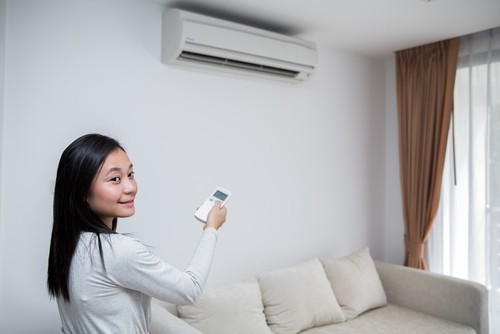
Knowing when to upgrade your aircon system is essential for maintaining energy efficiency.
Signs Your Aircon System Needs Replacement
Increased energy bills, frequent breakdowns, and reduced cooling performance are signs that your aircon system may need replacement.
Choosing an Energy-Efficient Aircon System
When selecting a new aircon unit, opt for one with a high energy efficiency rating. Consider the size of your space and consult with experts to choose the most suitable option.
Professional Aircon Servicing and Energy Efficiency
Regular professional servicing plays a crucial role in maintaining energy efficiency.
Expert technicians inspect, clean, and tune your aircon system, ensuring it operates at peak efficiency, minimizing energy consumption.
Choose a reputable aircon service provider with experienced technicians to ensure quality maintenance and optimal energy savings.
Frequently Asked Questions
How Does Aircon Maintenance Affect Power Consumption?
Regular aircon maintenance ensures that the system operates efficiently, consuming less power and reducing energy bills.
What Can I Do to Make My Aircon System More Energy Efficient?
Apart from regular maintenance, set the thermostat to an appropriate temperature, use programmable features, and seal any air leaks in the ductwork to enhance energy efficiency.
How Can Professional Aircon Servicing Help Save Energy?
Professional servicing includes thorough inspections, cleaning, and adjustments that improve the aircon system’s efficiency, leading to energy savings in the long run.
When Should I Consider Replacing My Aircon System for Energy Efficiency?
If your aircon system is outdated, frequently breaking down, or causing a significant increase in energy bills despite proper maintenance, it’s time to consider an energy-efficient replacement.
How Can I Choose the Most Energy-Efficient Aircon System?
When selecting a new aircon unit, look for energy efficiency ratings, choose the right size for your space, and consider additional features that promote energy savings.
Aircon Servicing and Energy Consumption– Conclusion
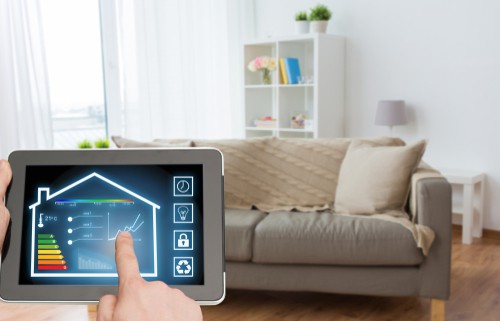
In conclusion, energy-conscious aircon usage and regular maintenance go hand in hand.
Following the tips in this article, you can stay cool while saving power, reducing your carbon footprint, and enjoying significant energy savings.
Are you seeking professional and reliable aircon servicing in Singapore? Contact us today!

